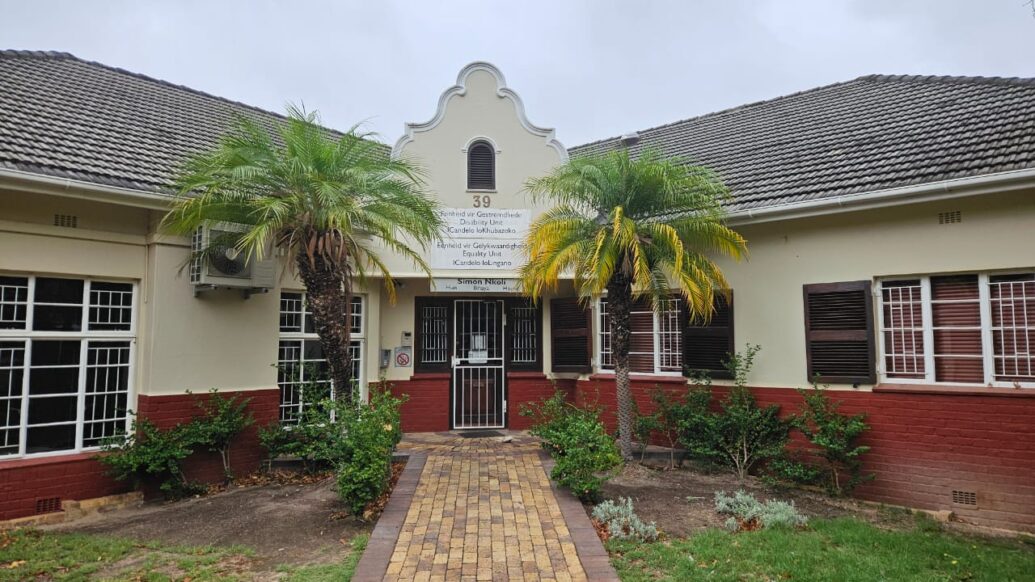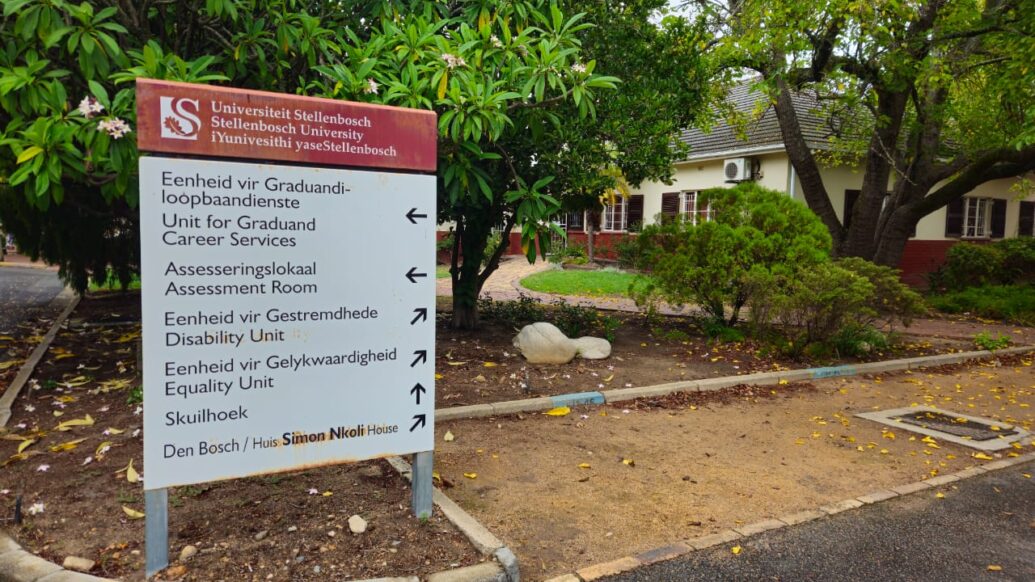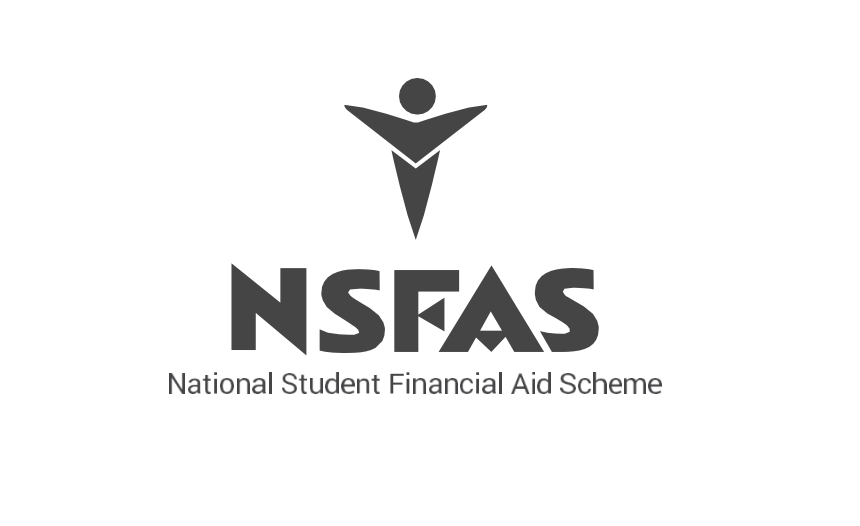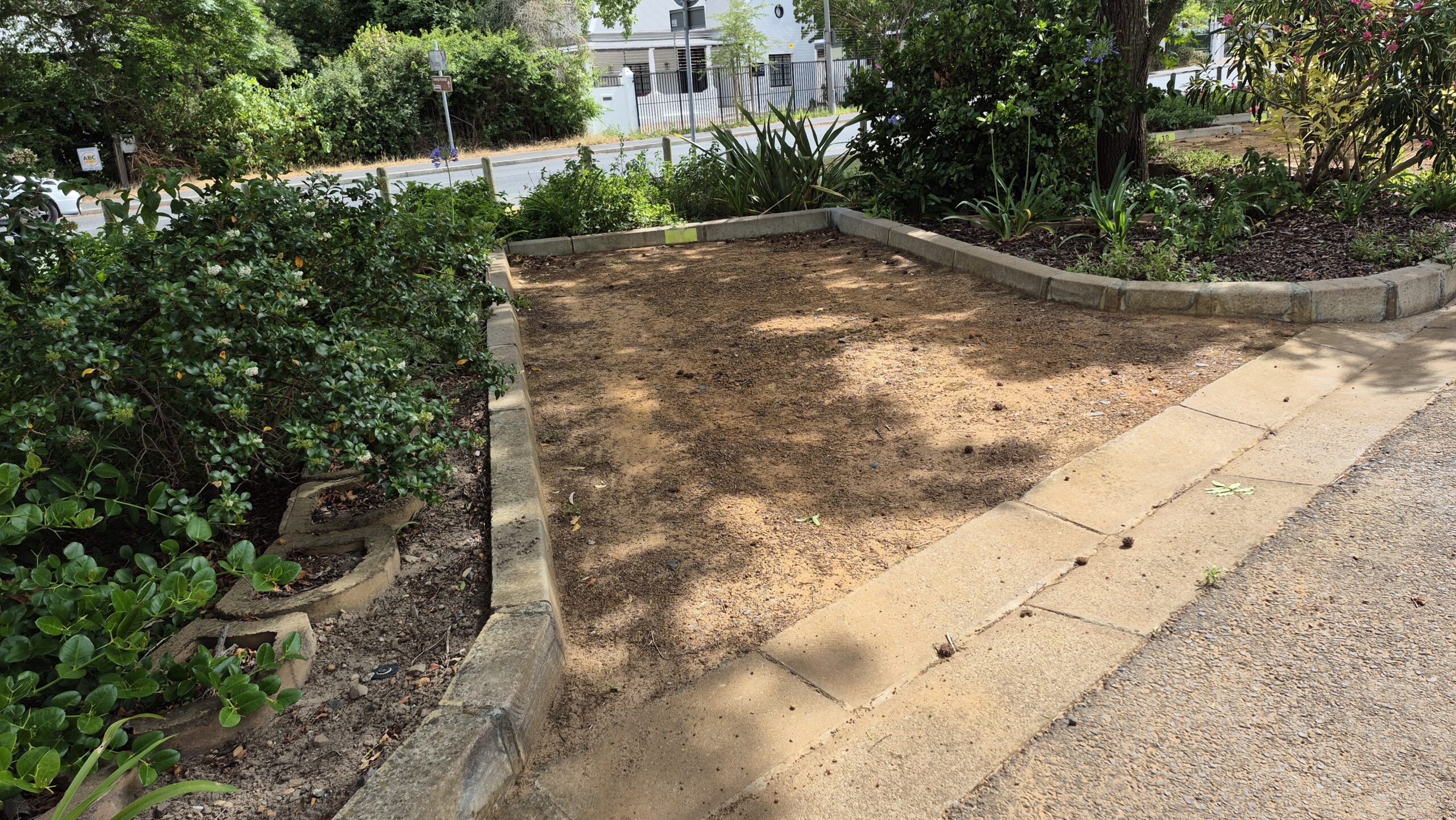According to Dr Marcia Lyner-Cleophas, the head of the Disability Unit (DU), several difficulties presented themselves this year in the assessment concessions (AC) approval process, with the primary cause being the recent implementation of the online platform, SUNStudent, into the process.

“This year marked the first time that the applications for assessment concessions by students [were] done online via SUNStudent. […] While the students were uploading and the [AC] committee was preparing to receive their applications, the new SUNStudent assessment concessions process was still being tested (as it had been for about six months prior to this application period). There were processes that were not working smoothly […] We were not happy as a Disability Unit with glitches, after spending many hours, days and months testing what was not working properly,” said Lyner-Cleophas.
“Assessment concessions (ACs) are support measures that are put in place to assist students who might have difficulties when doing assessments at university,” Dr Lyner-Cleophas explains. According to Lyner-Cleophas, such support measures may include, among others, larger text font sizes to allow easier reading for students with visual impairments, the use of braille question papers, computers for students with illegible handwriting, granting extra writing time, or the use of South African Sign Language for effective communication during assessments. “The purpose of the ACs is to ‘level the playing fields’ or provide students with support during assessments, given their specific difficulties or disabilities which make it challenging to engage in assessments.”
The decisions and actions of the university’s management structures are guided by Stellenbosch University’s (SU) core values; inclusivity, accountability, excellence, compassion, respect, and equity (ICARE2). Some students claim that this was not the case with the granting and rejecting of applications for assessment concessions by the units of the Centre for Student Counselling and Development (CSCD), specifically the DU. After the DU had faced constant technical flaws in the new system at several stages of the approval process, student applicants and staff members began to voice their unhappiness directly to the DU, which, according to Lyner-Cleophas, resulted in it being a “rushed period due to the pressures.”
An anonymous questionnaire with seven responses, sent out by aggrieved students, implied that a number of participant students found the AC application process too lengthy and inaccessible. Charlie van der Watt, a third year BA (Humanities) student who is also the chairperson of the Stellenbosch University Neurodiversity Society (SUNDS), was one of the students who brought the matter to the DU’s attention. They commented that “this experience made me feel defeated and like I had no one to support me. The […] DU are supposed to advocate for people like me, but instead, we have to fight them for our needs. I was treated coldly, and it felt like I was just another student who was burdening them with work or admin.”

Lyner-Cleophas explained that “while most students have been understanding when we have [informed] them about delays and glitches, some students have been particularly challenging to manage during this time. While we understand their frustration, we also ask that they understand our frustration, having to navigate a new system with its glitches and our added workloads, as well as managing pressures from academic staff, parents and students.”
It appears that some aggrieved students are largely concerned about the approval and, particularly, the rejection processes as they are. A few even allege that the AC committee is set-up in an improper way, consisting of a selection of faculty staff members and CSCD members – the qualification of whom is a matter of concern to them, fearing they may hold inaccurate or biassed views of particular disabilities, which may influence their decisions. Lyner-Cleophas explained that “[the AC] office consists of staff that are affiliated to professional boards such as the Health Professions Council of South Africa and the South African Council for Social Service Professions. Staff endeavour to act professionally and to the best of their knowledge when working with students.”
“[F]or each application for ACs, two to five committee members make inputs about the application, which range from what is possible or not in their faculty given faculty resources and course requirements, to approving concessions subject to conditions, such as ongoing academic or therapeutic support, for instance. […] A rejection mainly occurs if supporting documentation is not in place or resources to support are constrained or not available.”
The process, to some students’ dissatisfaction, is a long one, especially if a student wishes to appeal the decision of the committee. “It is and always has been that when a concession is deferred or rejected, or even when approved and students are not happy with the committee’s decision, students are free to return and discuss this with us. When [the committee] needs to review a decision, it always needs some time to do further discussions. […] Where students are unhappy, they must consult us calmly so that we can deliberate with the relevant stakeholders with a clear mind.”
Aggrieved students are actively in communication with the CSCD and the DU, voicing their concerns and demanding change. It is unclear whether further action will be taken by the DU to heed the students’ demands.
By Inge van der Westhuizen



